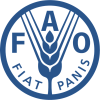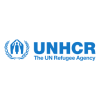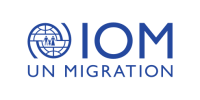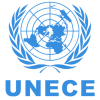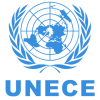Green Growth, Innovation, and Climate Change
Alignment with SDGs

Solar panels. Solar Energy! A story from the Albanian Alps.
Solar Panel. Solar Energy. These words are no longer stranger to Vasilika! She has come to understand too well the power of the sun shining on her little village of Sylbica for 260 days!
Vasilika lives in the Sylbica Highlands, among the most beautiful in Albania. Situated on the north-eastern Alps of Albania, these highlands are between 1600 and 2400 meters above sea level, making up the upper part of the Tropoja river valley. Rich in flora and rife with water sources, the highlands are an ideal place for raising livestock for at least five months a year. ‘Solar panel’ and ‘solar energy’ are no longer strange words to her and other farmers in her area. They have come to understand too well the power of the sun shining on her little village of Sylbica for 260 days! Its power is bringing benefits to the communities in Albanian Alps.
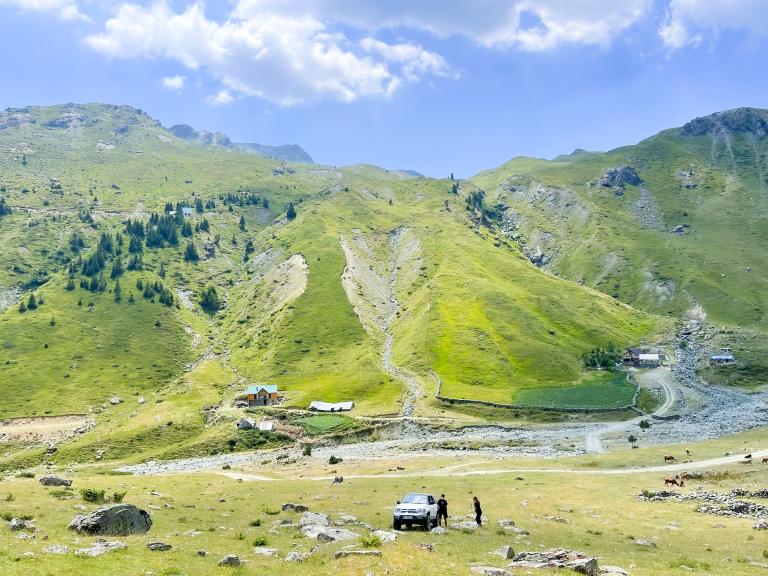
Read the original story here.
Employment and Skills Development
In 2022, UN support to the employment and skills reform in the country, including the Decent Work Agenda, contributed to advancing the legal, policy and strategic frameworks, strengthening institutional capacities for adequate implementation, and catered to the labour market integration needs of vulnerable groups. The development process of the National Employment and Skills Strategy (NESS) 2030 commenced, aligned to national commitments for implementation of EU priorities in the sector (National Implementation Plan of Osnabrück Declaration) and based on State Agency for Strategic Programming and Assistance Coordination (SASPAC) methodology. The UN has been instrumental in not only bringing all the stakeholders together to formulate the new strategic document and reform agenda of the sector, but also providing the needed technical assistance to the national institution during the process. UN facilitated broad-based consultations of NESS with technical experts, the private sector, line ministries, civil society, students of VET schools and formal forums such as the National VET and Labour councils. Employment Promotion Law amendments were elaborated to enable operationalization of the Social Employment Fund and submitted for approval. An innovative Employment Promotion Programme (EPP) was designed with UN support and approved by the Council of Ministers, offering upskilling and reskilling opportunities to jobseekers by outsourcing training provision to private providers through a voucher scheme.
Read the full story here.
Our publications
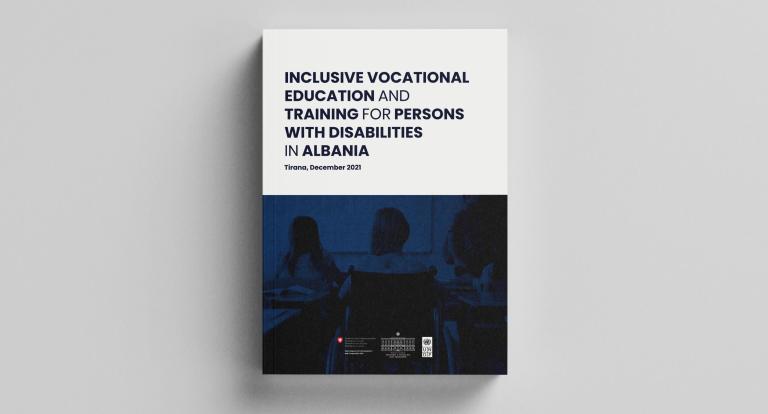
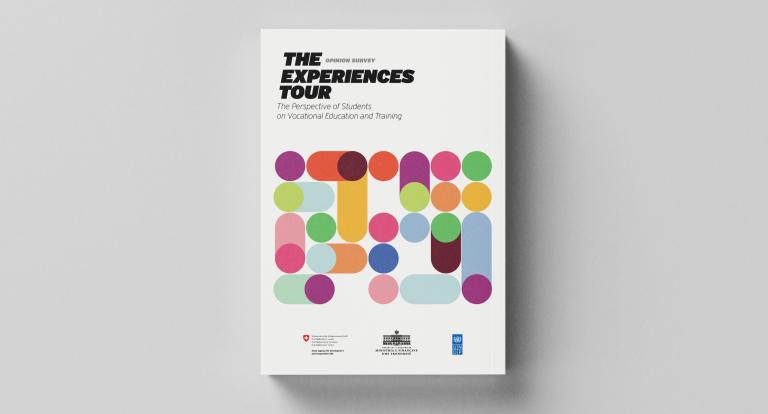
Sustainable and Resilient Economic Growth & Green and Blue Economy Transition
As a response to the two recent shocks – the earthquakes of 2019 and Covid-19 – the UN contributed to strengthening competitiveness and resilience capacities with the aim of revitalizing the Albanian economy. A total of 63 businesses were supported through ‘In Motion’ in the municipalities of Durres, Tirane (Astir) and Kavaje, while the Supplier Development Methodology is supporting seven businesses in the municipalities of Durres and Tirane, and is in the process of identifying at least ten beneficiary businesses to be supported until the end of 2023. Twelve cultural heritage sites in six earthquake-affected municipalities are being renovated with quality infrastructure and renovation techniques that are preserving the sites’ authenticity, ensuring to build back better with enhanced resilience and increased accessibility. Six of these sites will be transformed into cultural development hubs with rich experiences for visitors. For the three main sites in Durres, management plans are already in progress allowing for the establishment of unit tariffs for visits and ticketing, enabling job creation in the cultural sector and regular upkeep of the sites. Eleven grants have been awarded to be implemented by 15 CSOs (8 women-led) including local and community development NGOs, contributing towards the creation and development of socio-economic growth opportunities for local communities, bridging cultural heritage monuments and institutions with the local communities, and enhancing public and institutional awareness on the role of cultural heritage as a driver of sustainable socio-economic development. A second call has been launched that will expand the reach to more municipalities and with dedicated funding to youth initiatives in the field of cultural heritage.
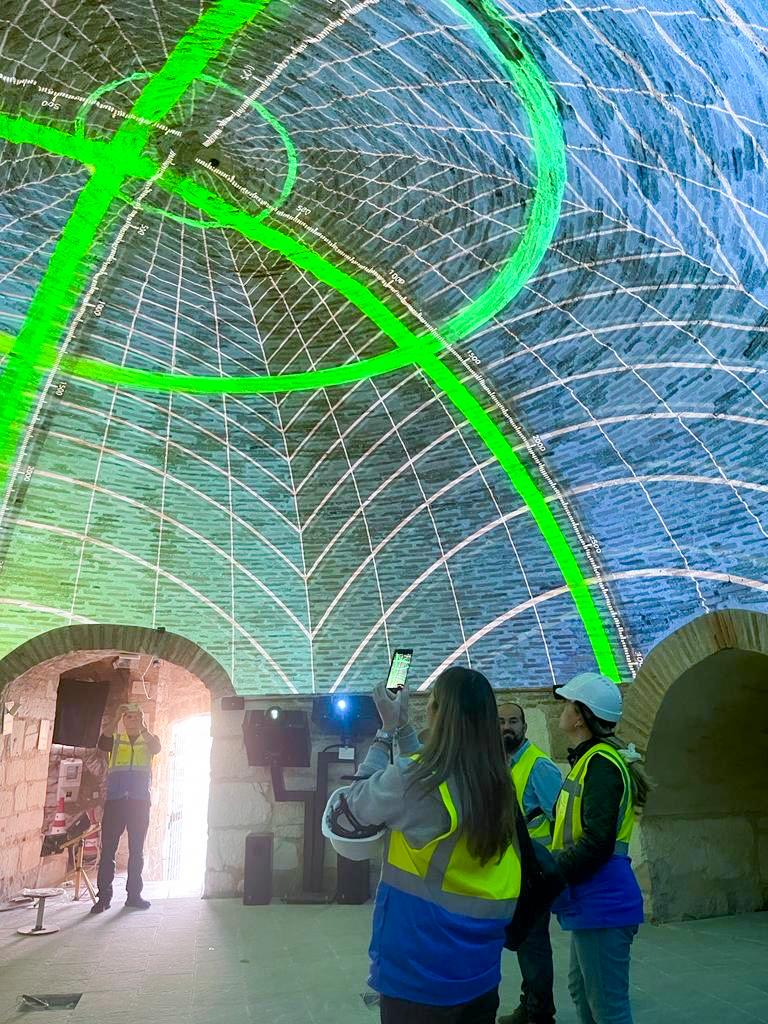
The UN is also engaging more the private sector, as a key actor in the country’s development and achievement of the SDGs. Focusing on the agro-processing and textile sectors, three sectoral events (1, high-level) and two hybrid roundtables were organised to raise awareness of the CEOs and stakeholders on the sustainability business model and to reflect the on-the-ground reality and challenges of the companies. Moreover, a ‘Sustaining Competitive and Responsible Enterprises (SCORE)’ Training of Trainers (ToT) was conducted, UNIDO Resource Efficiency and Cleaner Production methodology was introduced, and six enterprises were assessed using this methodology in the textiles, clothing, leather and footwear (TCLF) industries, a stocktaking paper on SDG applicability and a zero roadmap on application of SDGs in the sector were developed in consultation with more than 60 key stakeholders.
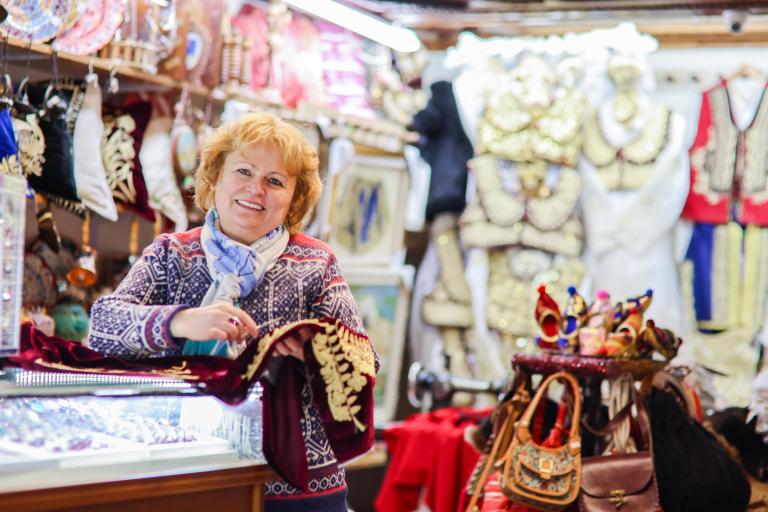
Innovation
Acknowledging that development through digital transformation has become ever more important since the start of the Covid-19 pandemic, UN assisted Albania to increase digital capacities by extending the availability of products and services and empowering citizens, workers and students in their daily engagements and needs. A digital development country profile was developed, providing government and all stakeholders with an overview of the national digital development, including a comparative analysis for countries in Europe with UN-in-country presence and gaps that need to be addressed. The digital economy on trade facilitation issues was promoted through the development of web services for information exchange between ASYCUDA and the e-Albania portal in line with the EU standards and best practices. Meanwhile, the FADN technical working group and Agjencia e Sigurimit të Cilësisë së Arsimit Parauniversitar (AKSHI; Agency of Quality Assurance in Higher Education) agreed to develop FADN software. A data collection questionnaire was prepared in consultation with MoARD, INSTAT and the FADN technical working group, and tested with a few farmers. In close collaboration with MoARD and INSTAT, the UN is engendering rural and agriculture statistics and data, mainly with regard to the national Census that will be launched in 2023, to shed more light on needs and challenges of rural women. Rural women are being organized into local action groups (LAGs) in the municipalities of Elbasan and Kolonje, aiming to promote bottom-up decision making, increase participation of women in leadership positions and promote the economic and social empowerment of rural women. A gender-sensitive value chain analysis was conducted in the municipalities of Elbasan, Kolonje and Puke, providing to the local government means to improve policies and development strategies and increase effectiveness and efficiency of decision making. In the education sector, the UN focused on reducing the digital divide to enhance the digital knowledge and skills of young people with a focus on children in remote and multi-grade schools. In this regard, Akademi.al advanced to becoming an open-source platform for children to access and expansion of the BiblioTech programme in Korce and Shkoder led to establishment of a well-structured BiblioTech brand and transformation of the libraries of these two main Albanian cities into innovation and technology development hubs, together with the provision of Friendly Wi-Fi access. Some 1,418 children and young people improved their skills related to digital literacy and online protection from abuse, exploitation and trafficking.
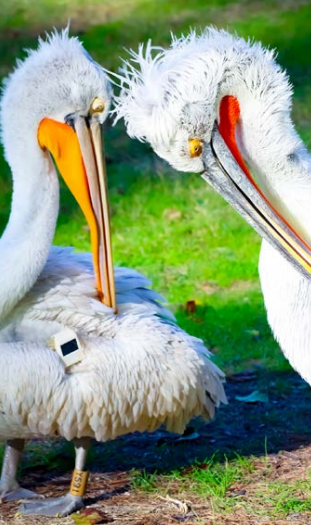
Climate and Ecosystem Resources
The UN contributed to accelerating climate resilience and adaptation planning and transition into a clean green economy through: strengthening governance mechanisms to address climate change, biodiversity loss, pollution and land degradation; promoting ecotourism and circular bioeconomy; promoting a ‘source-to-sea’ approach and strengthening trans-boundary cooperation for water resources management in the Drini river basin; and promoting nature-based tourism that sustains livelihoods and protected areas, while improving ecosystem services and financial sustainability. Key achievements in 2022 are referenced below.
UN supported the 4th National Communication to the Convention on Climate Change and accompanied the submission process with a nationwide awareness campaign prior to the 27th Conference of the Parties (COP27). Further support is provided to establishment of the inter-ministerial working group on climate change and of the transparent mechanisms for monitoring and reporting in line with the European acquis. Eight municipalities are undergoing the process of risk assessment to feed into local climate adaption plans. Restructuring of the Institute of Geosciences has been supported to strengthen early warning systems and monitoring in hydrology, climate-related hazards and seismology, with upgrading of the entire national seismic strong motion network (20 new and rehabilitated stations). A decision of the prime minister has endorsed the transition of the Blue Economy Programme into a Blue Economy National Strategy, supported by UN, that will articulate the vision and benefit from long-term planning. Eight CSOs from north to south were engaged in improving capacities under the fourth pillar of the Blue Economy, consolidating tourism hubs and maritime ecosystems through innovative solutions.
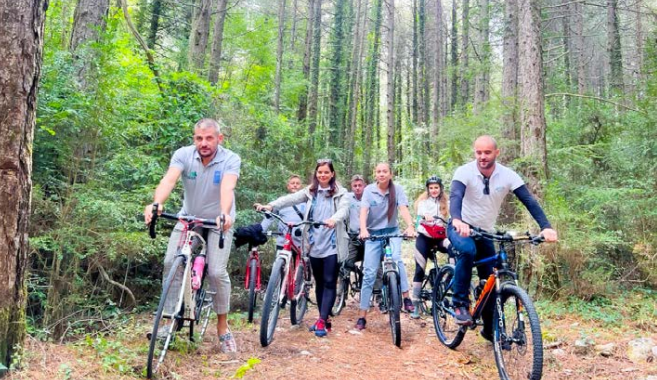
Disaster Risk Reduction
To contribute to a strengthened risk and disaster management system, UN assisted government in driving policies and actions that focus on prevention and reduction of disaster-related risks, increasing resilience of infrastructures, ecosystems and society, and enabling adaptive capacities, all as a means of reducing the long-term vulnerability of the population and protect development investments, particularly in at-risk areas.
The National Civil Protection Agency shaped the organizational model and increased capacities for DRR. The Disaster Risk Management system set in motion includes all three levels of civil protection (local, regional and national) and cooperation with the EU Civil Protection Mechanism and regional networking was strengthened. Accordingly, Albania become the newest member of the mechanism. The UN enabled a highly participatory development process of the National Risk Assessment and National DRR Strategy at both technical and political levels involving 450 representatives of national public institutions. Special focus was applied to gender considerations and the inclusion of vulnerable groups in all the processes, with the final drafts in the last stage of approval. Meanwhile, the National Civil Emergency Plan is ongoing and will be associated with simulations at all levels. The first pilot municipality (Lezhe) municipal council endorsed the Local Risk Assessment DRR Strategy and Local Emergency Plan, and replication has begun in six municipalities in Fier County
The UN has facilitated two rounds of meetings and exchanges and endorsement of interventions along the River Drini through the Albania–Montenegro Cross-border Commission. A Geographic Information System-based vulnerability, loss and damage assessment tool and database were enhanced with socio-economic data further informing structural and non-structural measures to be implemented in the Albanian part of the basin. Understanding of disaster risk in Albania was enhanced with the rollout of the INFORM sub-national risk index, providing risk information on hazard exposure, vulnerability and coping capacity at the sub-national level across Albania and the broader South-Eastern Europe region.
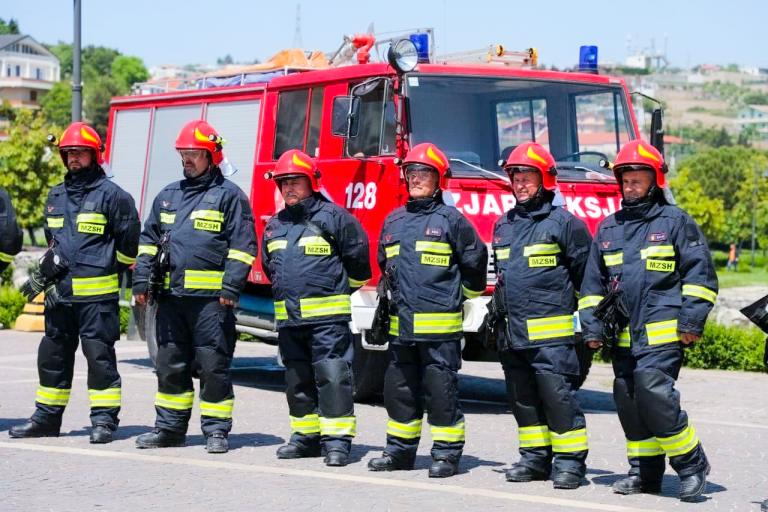
Sustainable Cities
Albania’s local governments play a crucial role in the country’s sustainable development, particularly as they are responsible for some key functions related to social protection, including planning and budgeting for social protection services, as well as for delivering social assistance and transfers to individuals, households and families. Addressing the socio-economic disparities among population groups, as well as between municipalities, UN supported development of capacities of urban municipalities to implement sustainable development policies and programmes. More concretely, it completed a review of the legal framework that regulates funding of mandates at the local level, focusing on provision of social welfare support, social protection and social care services. Findings inform that, while there are no regulatory gaps per se, local authority capacities need to be strengthened to make use of the entire range of financing mechanisms for service delivery, mobilize sufficient own resources, and not remain highly dependent on the central government for the provision of social services. The UN is also implementing a Digital Rights Governance Framework pilot project in collaboration with Tirane Municipality to address the challenge of building the capacity of public officials to understand and work with digital rights. The pilot phase will extend until the start of 2023 and the scale-up phase will identify specific actions towards implementing a digital rights agenda in the city. Collaboration in the framework of Bashki mike e fëmijëve (Child-Friendly Municipality) was marked with the signing of an MoU between Korce Municipality and UNICEF Albania, in February 2022. Based on relevant data, the cross-sectoral steering committee of the initiative assisted in drafting the 2023–2015 Plan ‘Korca - Bashki mike e fëmijëve’, approved by the municipal council in October. At least 100 children (65 girls) were engaged in defining the plan’s vision and activities. An MoU between Diber Municipality and UNICEF Albania was signed in December 2022, and a similar process will follow in engaging local stakeholders, children and parents there as well.
Results in Numbers
People
reached through an important campaign aiming at girls enrolment in VET schools.
Schools
involved in a pilot After-School programme, designed to enhance skillset and digital competencies of children and adolescents.
Beneficiaries
were supported for recovery if agriculture damage and restoration of productive capacities.
Children and young people
improved their skills related to digital literacy and online protection from abuse, exploitation and trafficking.
Public schools
were enrolled in the Empowerment through Self Defence (ESD) programme, in its rollout phase.
Youth
were capacitated and coached in topics of Air & Climate through the UN supported #YouthMove4Air&Climate.



